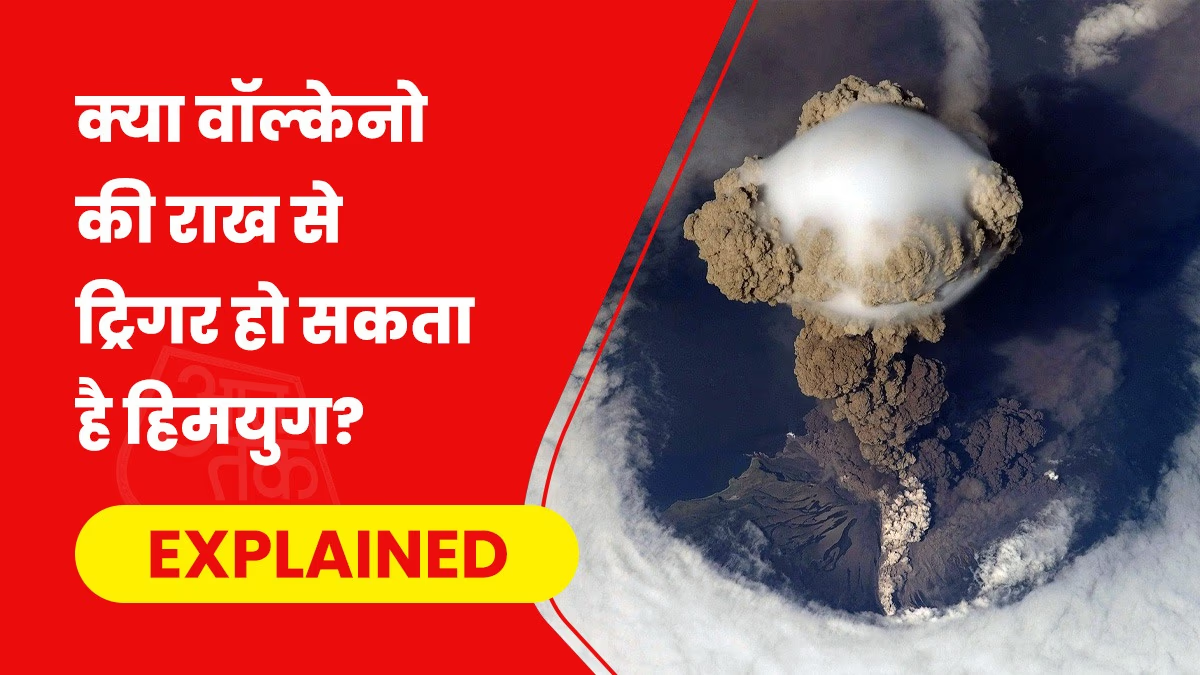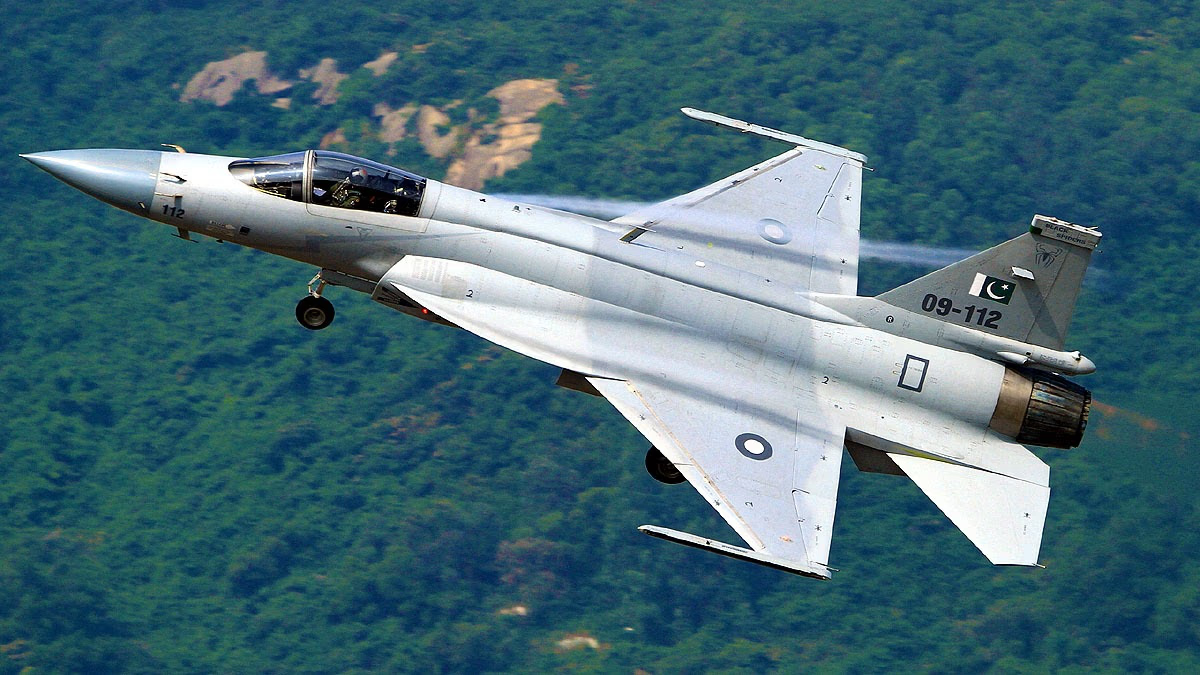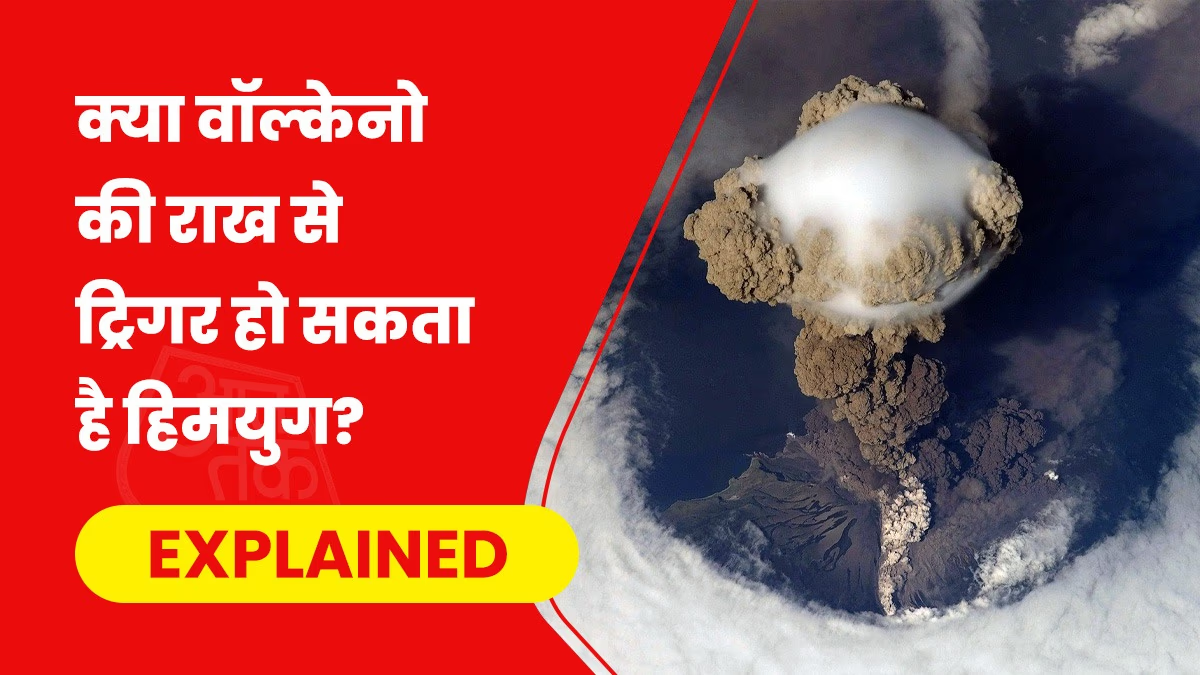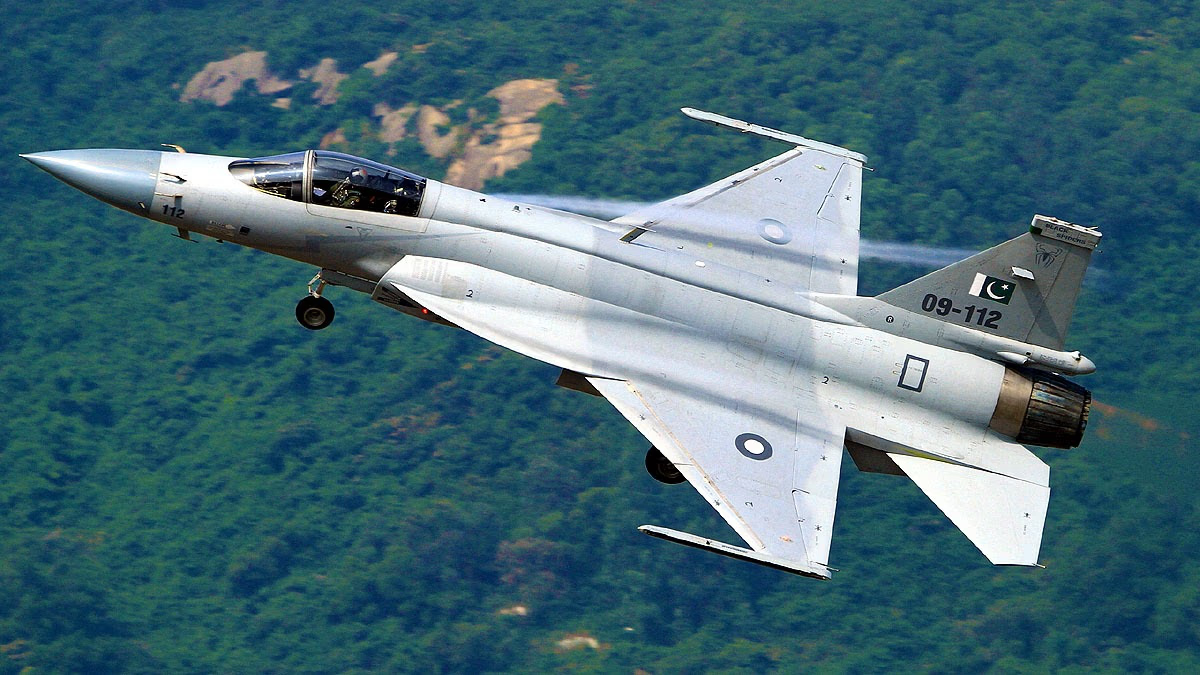After nearly 12,000 years, the eruption of the Hayii Gubbii volcano in Ethiopia has sent ash and toxic gases thousands of kilometers. This has impacted air travel in India and several other nations. It raises the question: what happens during a supervolcanic eruption if one volcanic explosion can bring such changes?
It's crucial to understand that when a thick layer of ash and gases obstructs the earth and sky, the temperature starts dropping. Sometimes it drops so significantly that untimely winters begin.
The Mysterious Eruption That Changed the World
Two centuries ago, one event stood as a mystery in the history of volcanoes. At the start of the 19th century, Indonesia's Mount Tambora experienced successive explosions known today as the




